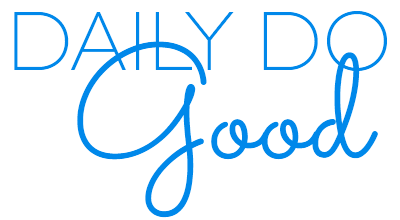Hurricane Poverty
Fighting A Crisis
At A Wider Circle, the key word is dignity.
“A lot of the clients have been through a difficult situation, so we want this to be an uplifting experience,” said Laura Whitson, in-kind donations and marketing coordinator.
The mission of A Wider Circle is simple: To end poverty, one individual, one family at a time. A Wider Circle features programs ranging from job preparedness training and wellness to furniture supply.
Indeed, the first thing one notices upon entering the facility is how very dignified it looks. The space is set up like a department store showroom. There is a section with children’s toys and books, one with racks of kitchen and dining supplies, a large space with couches and easy chairs displayed in the center, with shelves and desks along the walls.
Photo courtesy of A Wider Circle
“If you have nothing, you’ve already had the worst of things,” said executive director Mark Bergel, “and now it’s time for you to get the best of things.”
Bergel founded A Wider Circle in 2001, after volunteering to deliver food to underserved families in the Washington DC area. Struck by the effects of poverty – families without enough food, without access to health care, without beds – Mark launched the nonprofit out of his living room.
“You’re always reminded about the needs,” he said. “Whenever I’m in the homes of people I serve, I’m reminded of why I do this. It doesn’t take much. Every person I meet, every home I visit, that’s when I realize this is what we have to do.”
Today, A Wider Circle has served more than 150,000 individuals. Fifteen to 20 families visit the center each day to collect furniture for their homes, free of charge.
At the Center for Professional Development, the focus is on job preparedness – resume writing and interview skills, among others. Job coaches are available to help on a one-on-one basis. And the showroom boasts professional attire and accessories for men and women. Even trying on a new, professional outfit, Laura said, a visible change can be seen in the client.
Photo courtesy of A Wider Circle
Additional programs include wellness workshops, particularly those focused on mothers and babies, as well as collaborations with the District of Columbia Housing Authority and resident councils to benefit residents of public housing.
Mark said the greatest challenge he faces in his work is getting people to believe that ending poverty is a realistic goal.
“We have to believe we can do this if we are going to do this,” he said. “Why in the world would we accept poverty? We have enough intelligence and enough creativity that we ought to be able to end poverty in this region with no problem, as long as we have the courage to commit to it. It's that we don't commit because we don't believe we can do it. A lot of people want to help others, but I'd like to see us go all out. Every day for people in poverty is like Katrina. We've got to look at it like the crisis that it is, and if we do look at it as a crisis, I think we'll muster up the courage to end it.


